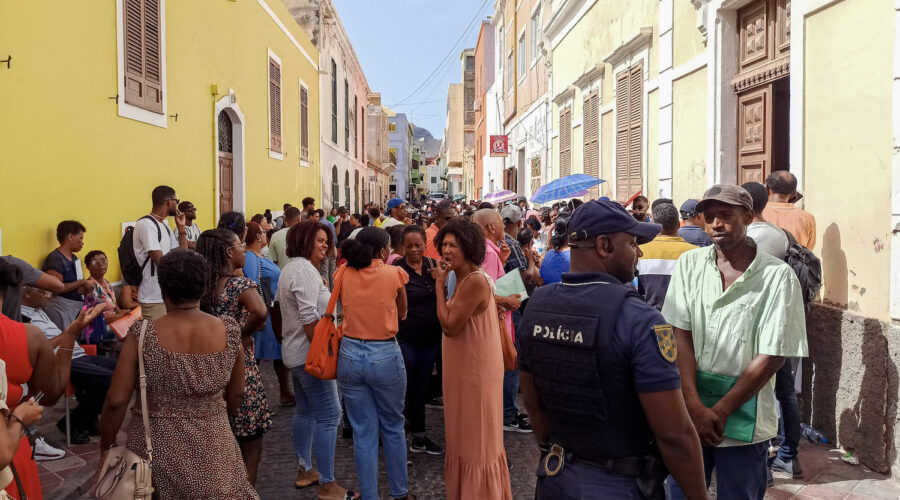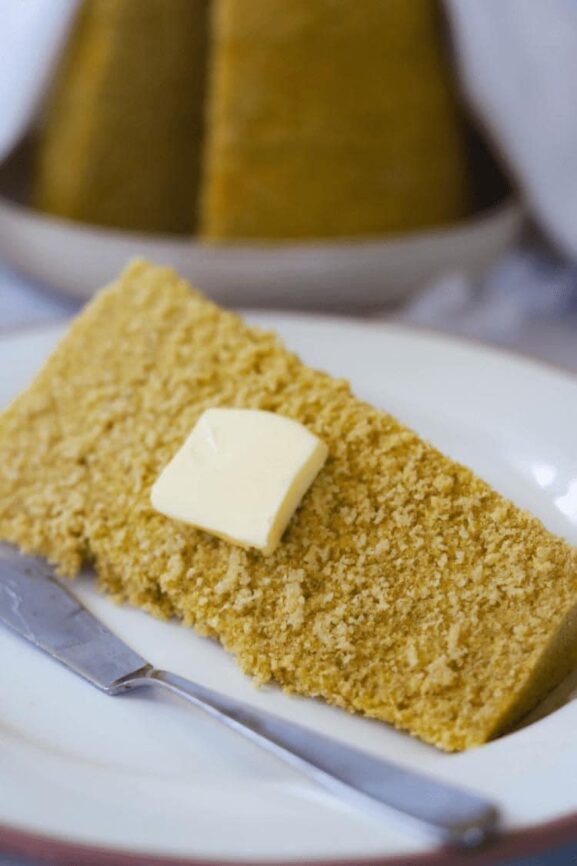Creole: More than a mother tongue, a symbol of Cape Verdean identity and culture
Creole is the native language of Cape Verde. Each island has its own variant of Creole, which often means that people from some islands don’t understand people from other islands.
Although the official language is Portuguese, due to the fact that we were colonized by the Portuguese, Creole is well rooted in almost everything Cape Verdeans do.
Incidentally, Cape Verde’s mother tongue emerged from the fusion of African and European languages. And that’s why some words are similar. For example, good morning, good afternoon or good evening are said in the same way as in Portuguese, albeit with a different pronunciation.
The presence of this mother tongue is so strong that many don’t know how to speak good Portuguese, and very often, even though they should speak Portuguese, many opt for Creole. For these and other reasons, for some time now there have been proposals for the Creole language to also be recognized as the official language.
One of the reasons for the officialization of this language is the fact that anyone who wants to learn any language should first learn their native language, and then learn the other languages, as it makes it much easier.
Another reason is the need many people have to be able to speak their own language in any environment, whether it’s at school or in important settings. In this regard, it’s worth saying that some, if not many, find it difficult to express or write in Portuguese when they first think of Creole.
In this sense, the Ministry of Education has been running a pilot project for about five years to see the impact of this native language on the teaching and learning process of students. According to some analyses, it can be said that teaching the mother tongue facilitates learning and improves school performance.
And the officialization of Creole would also allow Cape Verdean children to learn in their mother tongue from an early age, which would have a positive impact on their education and cognitive development.
Also, the officialization of this language would pave the way for its development and standardization, with the creation of teaching materials, the regulation of its use in public administration and the promotion of its use in different areas of knowledge, which would largely contribute to the enrichment of the language and its flourishing in different fields.
Curiously, there is a lot against and against, and one of the strong reasons is that this mother tongue wouldn’t do any good, apart from Portuguese which would be an asset. However, it is worth noting that some countries speak Creole, and Portugal has recently decided that it will teach Cape Verdean and Guinean Creole in universities. Something that has also been taught in some of the country’s universities.
Linguists of the mother tongue, on the other hand, strongly believe that officialization would bring many benefits, such as greater appreciation of Cape Verdean culture, more national unity around the mother tongue and even international recognition, since the officialization of Creole would place Cape Verde at the forefront of countries that recognize and value linguistic and cultural richness. This would therefore help to improve the country’s image on the international stage and strengthen its identity as a multicultural nation.
It’s worth mentioning that Creole is easy to speak and read. The vocabulary is short and simple. And the conjugations are easier than you might think. While the process and the possibility of officializing Cape Verde’s mother tongue is slowly being discussed, we can only wait for this decision to unfold, which is largely up to the government to make.
For when you travel to Cape Verde, here are a few words in Creole to use and surprise people: Modi ki bu sta, which means: like these. N sta dretu or n sta bom which means: I’m fine. And modi que bu txoma, which means: what’s your name?
The expression, “nha cretxeu” and “morabeza” are words that very much define us and there is no word that translates the literal meaning of these two words. So Cape Verde’s little charm also lies in this mother tongue, which is simple and much loved by the locals and some foreigners too.



